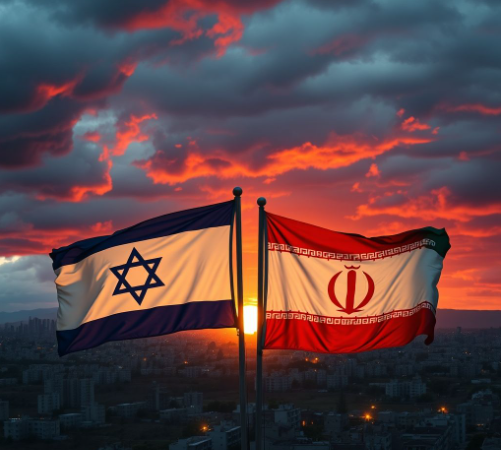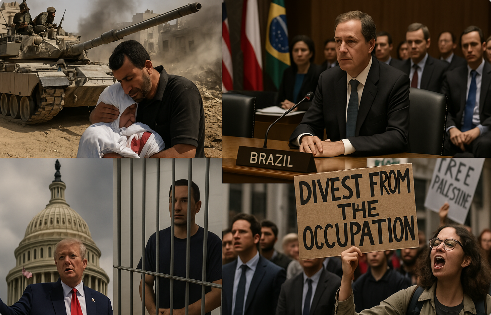Israel attacks Iran

Israel Strikes Iran: A Complex Situation
Yesterday, Israel launched an unprecedented attack on Iran's nuclear program and military leaders. The Israeli military said it used 200 fighter jets to strike over 100 targets across the country, killing several senior leaders of the Islamic Revolutionary Guards Corps' (IRGC) Air Force.
The attack has raised concerns about a wider conflict in the Middle East and potential energy supply disruptions. Oil prices surged by nearly 6% on Friday, with Brent crude reaching $71 a barrel.
Background:
US President Donald Trump told CNN that he had given Iran a "60-day warning" to agree to a nuclear deal, which expired on Thursday. The deadline was set when the first round of US-Iran talks began on April 12.
The Israeli military said it targeted Iranian military officials and nuclear scientists in its attack. Top officials from the Islamic Republic have been issuing warnings to Israel, with Iran's Supreme Leader Ayatollah Ali Khamenei warning that Israel will face "severe punishment."
Global Reaction:
The attack has sparked a global reaction, with countries like the UK, France, and Germany condemning the aggression.
- The leaders of the UK, France, and Germany issued a statement reaffirming their support for Israel's right to self-defense.
- President Trump told CNN that the US supports Israel and called the strikes on Iran "a very successful attack."
- Iranian President Masoud Pezeshkian urged the Iranian people to remain unified and trust in their leadership.
Potential Consequences:
The potential consequences of this attack are significant, with some experts warning of a prolonged operation and increased tensions between Israel and Iran.
Timeline:
Here's a timeline of key events leading up to the attack:
- April 12: The first round of US-Iran talks began.
- Thursday (day 61): The deadline for Iran deal negotiations expired.
- Friday morning: Israel launched an unprecedented attack on Iran's nuclear program and military leaders.
Key Players:
Several key players are involved in this complex situation, including:
- Israel: The Israeli government has been advocating for a more aggressive stance against Iran's nuclear program.
- Iran: Tehran has been pushing back against what it sees as US aggression and Israeli interference in its affairs.
- US: Washington has been attempting to negotiate a deal with Iran while also providing military support to Israel.
Conclusion:
The attack on Iran by Israel marks a significant escalation in the ongoing conflict between the two countries. The potential consequences of this action are far-reaching, and it remains to be seen how events will unfold in the coming days and weeks.


